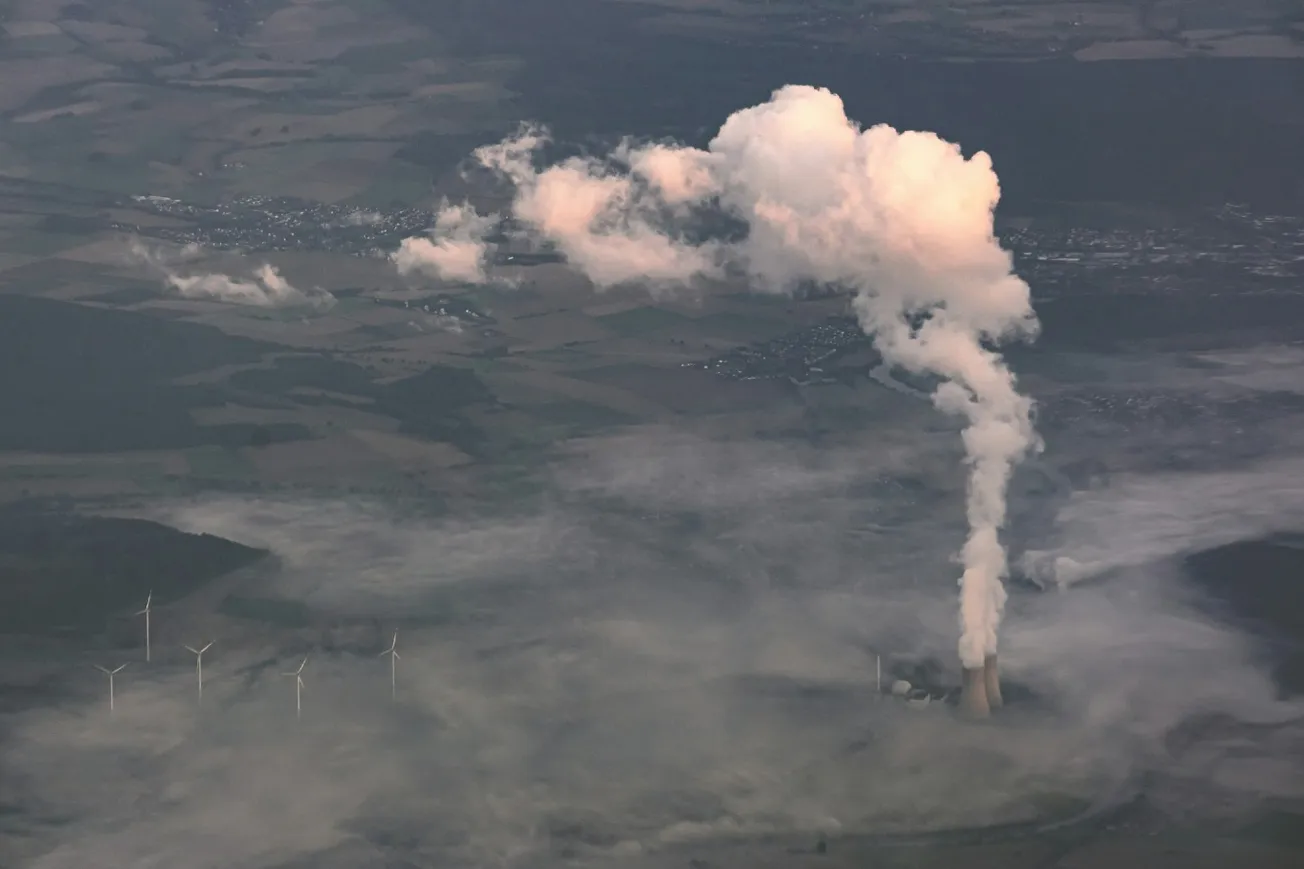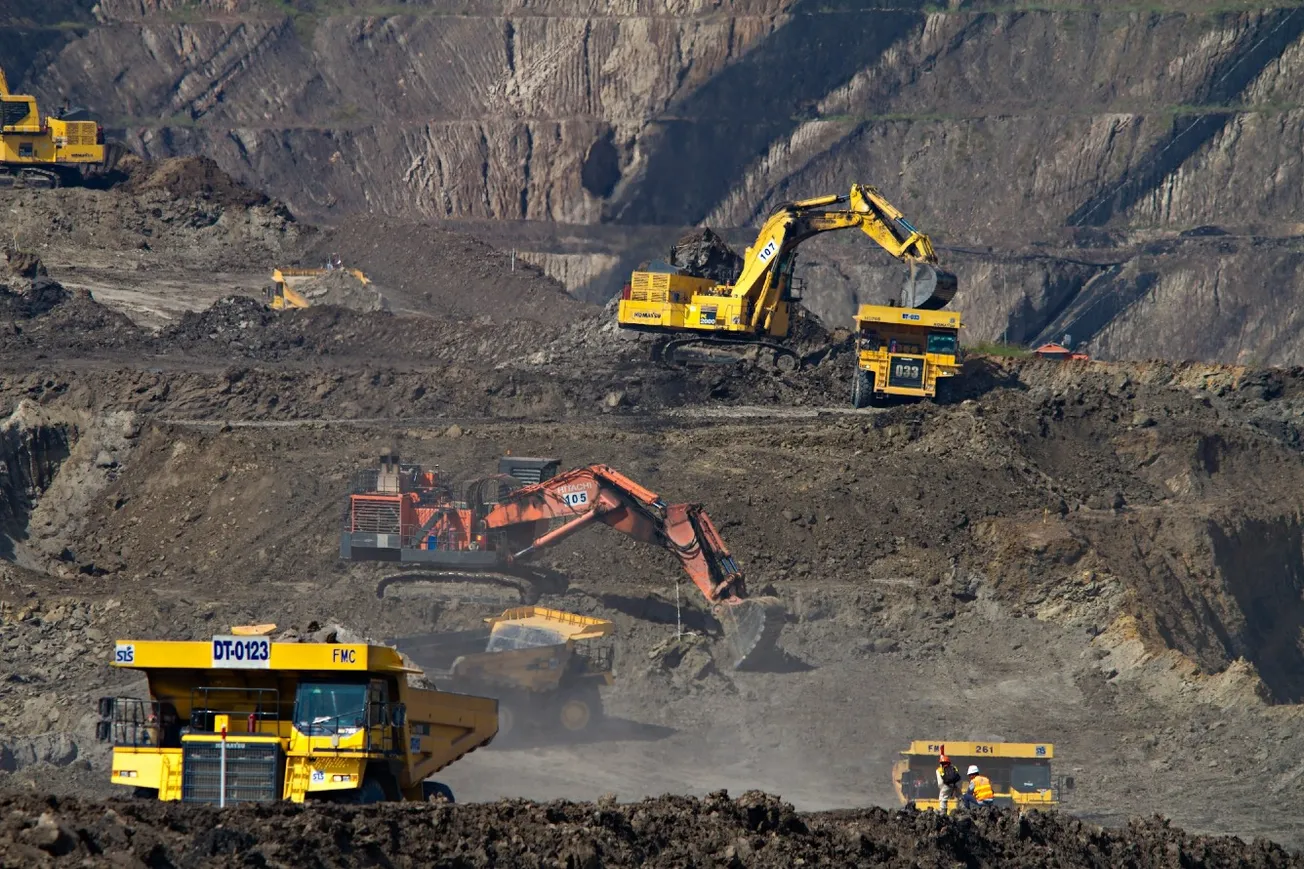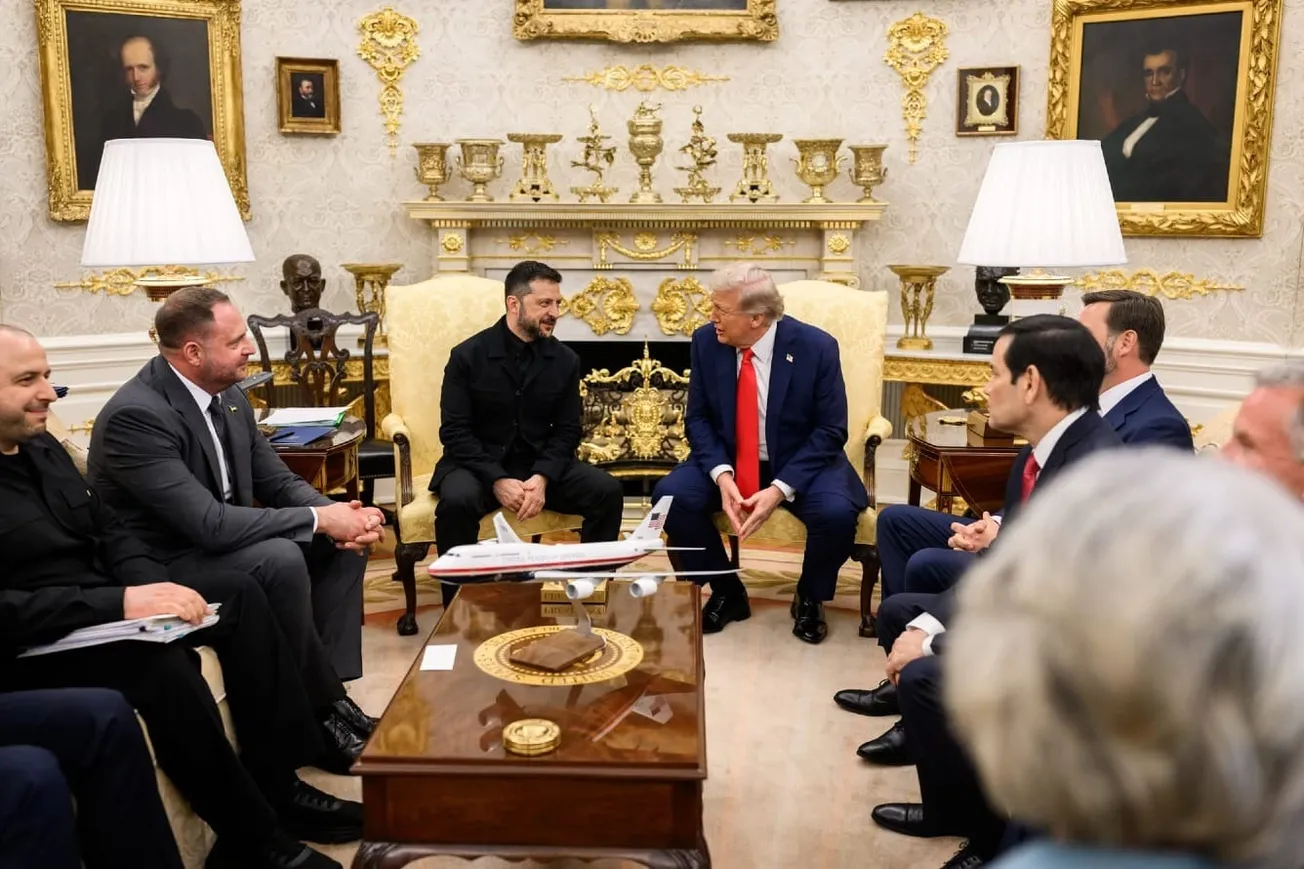By Diana Furchtgott-Roth & Alexander Gonzales, The Daily Signal | November 25, 2024
Production of clean, safe, and reliable nuclear energy is a vital part of America’s energy future. Once a reactor is built, it becomes a lasting part of America’s energy infrastructure.
An insightful new book by Jack Spencer, “Nuclear Revolution: Powering the Next Generation” (Optimum Publishing International) describes what America has to do to ramp up its nuclear power—and why that’s important. (Full disclosure: Spencer, a senior fellow at The Heritage Foundation, is our colleague.)
It is no secret that America’s electricity grid recently has been rocky. The push toward a clean energy transition using intermittent energy sources, such as wind and solar, has put a strain on the U.S. grid and on the economy.
Intermittent renewables are costly and do not provide the 24/7 power that a modern industrial economy requires. Yet, they are constantly being hailed as the new age of American energy production.
American industry has worked hard to minimize the nation’s dependence on unreliable foreign sources of energy, which has left our nation vulnerable in the past. However, current policies that purport to lead to net zero carbon emissions are leading America back to the vulnerabilities of the 1970s.
According to the U.S. International Trade Commission, over three-fourths of U.S. imports of rare earth elements come from China. The so-called green energy transition, with its requirements for wind, solar, and electric vehicles, relies on those same elements. But there is an alternative: nuclear energy.
Although America now lacks the industrial base to support a large expansion of nuclear energy, our nation has supplied the world with nuclear technology in the past and could do so again. U.S. energy systems need to produce more baseload energy, and nuclear power could be a major component of this effort.
Congress has previously tried to reform the regulatory process for nuclear power, and appropriated funds to move the industry forward. But those efforts have failed.
The reason for failure, according to Spencer, is not the underlying technology or even economics, but rather the larger policy and regulatory environment in which nuclear energy exists.
Spencer proposes that if America wants nuclear power to succeed, the nation must take a different approach. Efforts to subsidize nuclear into success will fail. Instead, what America needs are reforms that allow free enterprise to drive the technology forward. Not only should nuclear energy be largely free of government intervention, but so should all other energy sources.
A free energy market would spur innovation and ensure that energy is produced in the safest, most efficient way possible.
That doesn’t mean that the government has no role in regulating nuclear (or other energy sources), but rather that current regulatory approaches are obsolete.
The federal government should have three primary roles related to commercial nuclear power. First, working with the states, it should protect public health and safety by setting and enforcing regulations that are informed by the latest scientific and technical knowledge and informed by the nuclear industry’s impressive safety record.
Second, the government should nurture commercial relationships between U.S. industry and overseas friends and allies who are also commercial nuclear leaders. These relationships will be critical to competing with Russia and China in the future.
On a related note, the federal government should work to reduce the regulatory burden on private industry to export peaceful nuclear technologies where doing so is already legal and to open additional markets for that purpose.
Third, the government should ensure long-term political certainty around uranium fuel markets by remaining committed to the Russian uranium import ban and minimizing or eliminating subsidies to reestablish a domestic uranium fuel industrial base. At the same time, the federal government needs to remove its regulatory bias against mining to allow for more expeditious expansion of uranium mining.
With that regulatory framework, Spencer believes that “private enterprise … has the interests, expertise, and background to develop a cost-effective industry that is economically independent of government and competitive in domestic and international markets.”
Nuclear energy has more than 50 years of safe operations, and U.S. industry knows how to build and operate nuclear power plants. More can and should be done in nuclear power, but private companies are the right path to deliver these advances, rather than the U.S. government. Politicians need to step aside and recognize that America’s competitive advantage is not rooted in the talents of our politicians and bureaucrats, but rather in the business acumen of our innovators.
The debate over whether America needs nuclear energy has largely been decided. The answer is yes. The question now becomes how?
According to “Nuclear Revolution,” that will never be answered in the halls of Congress or the Department of Energy. It will only be answered by the technologists, industrialists, and capitalists that have made the American economy the most powerful the world has ever seen. They need the freedom to go nuclear.
Diana Furchtgott-Roth is director of the Center for Energy, Climate, and Environment and the Herbert and Joyce Morgan Fellow in Energy and Environmental Policy at The Heritage Foundation.
Alexander Gonzales is a member of the Young Leaders Program at The Heritage Foundation.
Original article link









